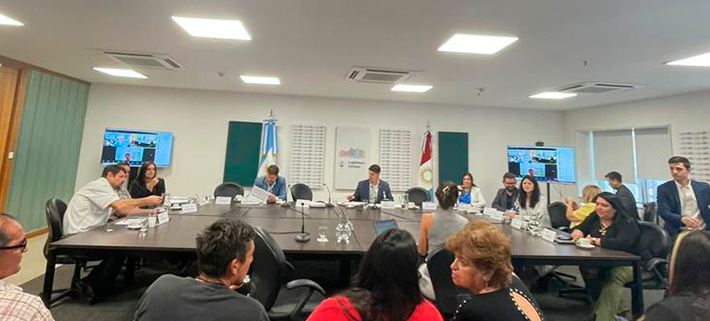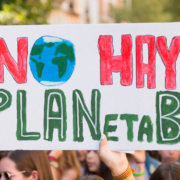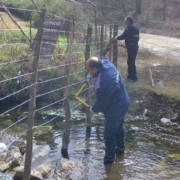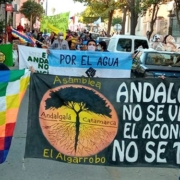Public Budget in Córdoba: reflections on the Public Hearing
The Executive Branch of the province of Córdoba presented the 2024 budget bill. On November 9, we presented ourselves at the Public Hearing held in the Legislature.
“Below, we offer a google translate version of the original article in Spanish. This translation may not be accurate but serves as a general presentation of the article. For more accurate information, please switch to the Spanish version of the website. In addition, feel free to directly contact in English the person mentioned at the bottom of this article with regards to this topic”.
Like every year, the following year’s budget bill is presented. This 2023, due to the elections, the times were brought forward and the project was presented on October 24, something that usually happens on November 15. After being presented, the project is discussed in several Commissions and approved in two legislative sessions, called 1st and 2nd reading. And in between, a Public Hearing is held.
From Fundeps we presented ourselves to the Public Hearing last Thursday, November 9. In this sense, it is noteworthy that starting this year, all the information related to the debate on the 2024 public budget law, with the project and its complementary documents, as well as with the calendar of sessions, dates of the Commission sessions and the Hearing. In addition, the way to register through a web form was improved compared to other years. Yes, we must note that it would be very useful for future occasions to publish the Commissions that meet on each date and to allow external participation, even if it is from listeners. Currently, committee sessions are uploaded to the Legislature’s YouTube channel after they happen.
At the hearing, we made some general observations that we understand make it possible to better analyze the budget and comments on a program related to Water and Sanitation. First of all, we explained that the descriptions of the Budget Programs are very generic and it is necessary that they be accompanied by physical goals and both quantitative and qualitative indicators, for the purposes of their monitoring. In the case of Program 572 analyzed, its content remains the same since its creation in 2018. In the case of the Works, contained in the Public Investment Plans, they are not directly described, at least in the budget documents. Then, we move on to explain Program 572 on Water and Sanitation, which is made up of two subprograms, one related to Drinking Water and the other to Sewage Liquids and Sanitary Services. In both cases we observe their evolution and behavior in the years 2022, 2023 and how they are projected in 2024. In that sense, in the two subprograms the same trend of sub-executions is observed in the year 2022 (32% and 53% respectively). , greater execution in the current year (87% and 75%) and a decrease in the budget allocation for 2024. More notable in the first subprogram than for the second. In that sense, we appeal that these programs be observed by the Legislators present, in view of budget approval in the second session on Wednesday, November 15.
A budget that guarantees rights, such as in this case drinking water and sanitary services that directly impact the rights to health and a healthy environment, is governed by the principles of progressivity and non-regression, in which care must be taken that In the allocation of resources there are no setbacks, avoiding cutting or reducing the levels reached.
Participation in the audience was very varied. There were Professional Associations (such as Lawyers or Notaries), civil housing associations, social sports, companions of children in vulnerable situations, among other actors. This shows that, although this instance is extremely valuable and allows a direct approach by the authorities to problems that bring together different social actors, it also reveals the lack of more spaces for participation. So that people and citizens who often face and solve public problems can channel their demands more effectively. This could be resolved with periodic hearings or greater social participation in the thematic commissions of the Legislature.
It is extremely important that these spaces become increasingly accessible, open and widespread. This is key so that the greatest number of social actors can approach and present their points of view and observations in the development of public policies that directly affect them.
More information
You can consult the entire Public Hearing here, and our participation in the minutes: 2:55.50 – 3:06.20.
Related notes Public budget:
- the debate and approval stage began in the Legislature
- Budget and Rights: Working Group on budget analysis
- ABC of the public budget in the provinces of Mendoza, Salta, Tucumán and Córdoba
Contact
Victoria Sibilla, ninasibilla@fundeps.org







